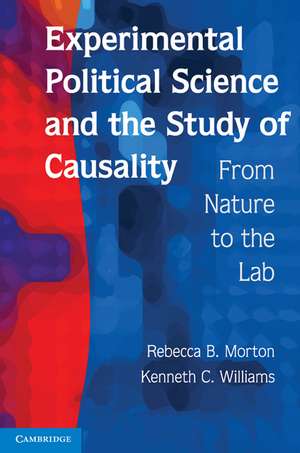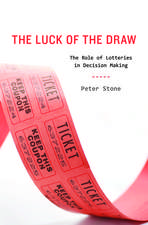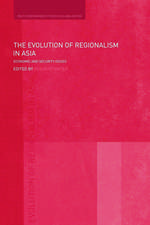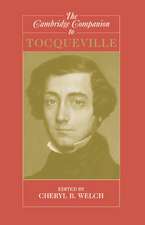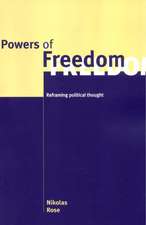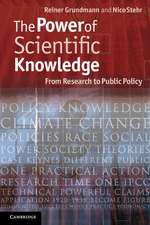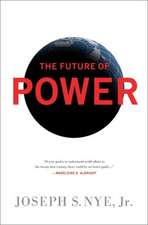Experimental Political Science and the Study of Causality: From Nature to the Lab
Autor Rebecca B. Morton, Kenneth C. Williamsen Limba Engleză Paperback – 5 aug 2010
| Toate formatele și edițiile | Preț | Express |
|---|---|---|
| Paperback (1) | 407.45 lei 6-8 săpt. | |
| Cambridge University Press – 5 aug 2010 | 407.45 lei 6-8 săpt. | |
| Hardback (1) | 917.66 lei 6-8 săpt. | |
| Cambridge University Press – 5 aug 2010 | 917.66 lei 6-8 săpt. |
Preț: 407.45 lei
Nou
Puncte Express: 611
Preț estimativ în valută:
77.96€ • 81.63$ • 64.67£
77.96€ • 81.63$ • 64.67£
Carte tipărită la comandă
Livrare economică 10-24 aprilie
Preluare comenzi: 021 569.72.76
Specificații
ISBN-13: 9780521136488
ISBN-10: 0521136482
Pagini: 608
Ilustrații: 10 b/w illus. 5 tables
Dimensiuni: 147 x 229 x 41 mm
Greutate: 0.91 kg
Editura: Cambridge University Press
Colecția Cambridge University Press
Locul publicării:New York, United States
ISBN-10: 0521136482
Pagini: 608
Ilustrații: 10 b/w illus. 5 tables
Dimensiuni: 147 x 229 x 41 mm
Greutate: 0.91 kg
Editura: Cambridge University Press
Colecția Cambridge University Press
Locul publicării:New York, United States
Cuprins
Part I. Introduction: 1. The advent of experimental political science; Part II. Experimental Reasoning about Causality: 2. Experiments and causal relations; 3. The causal inference problem and the Rubin causal model; 4. Controlling observables and unobservables; 5. Randomization and pseudo-randomization; 6. Formal theory and causality; Part III. What Makes a Good Experiment?: 7. Validity and experimental manipulations; 8. Location, artificiality, and related design issues; 9. Choosing subjects; 10. Subjects' motivations; 11. History of codes of ethics and human subjects research; 12. Ethical decision making and political science experiments; 13. Deception in experiments; 14. The future of experimental political science; 15. Appendix: the experimentalist's to do list.
Recenzii
'This is a landmark contribution - not only in what it offers for experimentalists but for social science in general. Morton and Williams present a distinctive approach to how to conduct research that is sure to be widely discussed and debated.' James N. Druckman, Northwestern University
'This path-breaking work is the first political science monograph to cover laboratory, survey, and field experimentation. Using a wealth of examples from a wide array of subfields, Morton and Williams cover topics from causal inference to research ethics in a lively and engaging manner.' Donald Green, Yale University
'Morton and Williams's review of experimental methodology and reasoning in political science will be the benchmark reference for experimental methodology in political science for years to come. It is comprehensive in its discussion of methods, scientific reasoning, and ethics, and at the same time it tears down boundaries across subfields of political science and across different approaches to experimental research in the discipline. The authors successfully argue for and carefully lay out discipline-wide standards for experimental methodology in political science. The framework provided can be fruitfully used by those who conduct lab, field, or survey experiments as well as those who use experimental reasoning with observational data.' Thomas Palfrey, California Institute of Technology
'This path-breaking work is the first political science monograph to cover laboratory, survey, and field experimentation. Using a wealth of examples from a wide array of subfields, Morton and Williams cover topics from causal inference to research ethics in a lively and engaging manner.' Donald Green, Yale University
'Morton and Williams's review of experimental methodology and reasoning in political science will be the benchmark reference for experimental methodology in political science for years to come. It is comprehensive in its discussion of methods, scientific reasoning, and ethics, and at the same time it tears down boundaries across subfields of political science and across different approaches to experimental research in the discipline. The authors successfully argue for and carefully lay out discipline-wide standards for experimental methodology in political science. The framework provided can be fruitfully used by those who conduct lab, field, or survey experiments as well as those who use experimental reasoning with observational data.' Thomas Palfrey, California Institute of Technology
Notă biografică
Descriere
Rebecca B. Morton and Kenneth C. Williams discuss how experiments and experimental reasoning with observational data help researchers determine causality.
